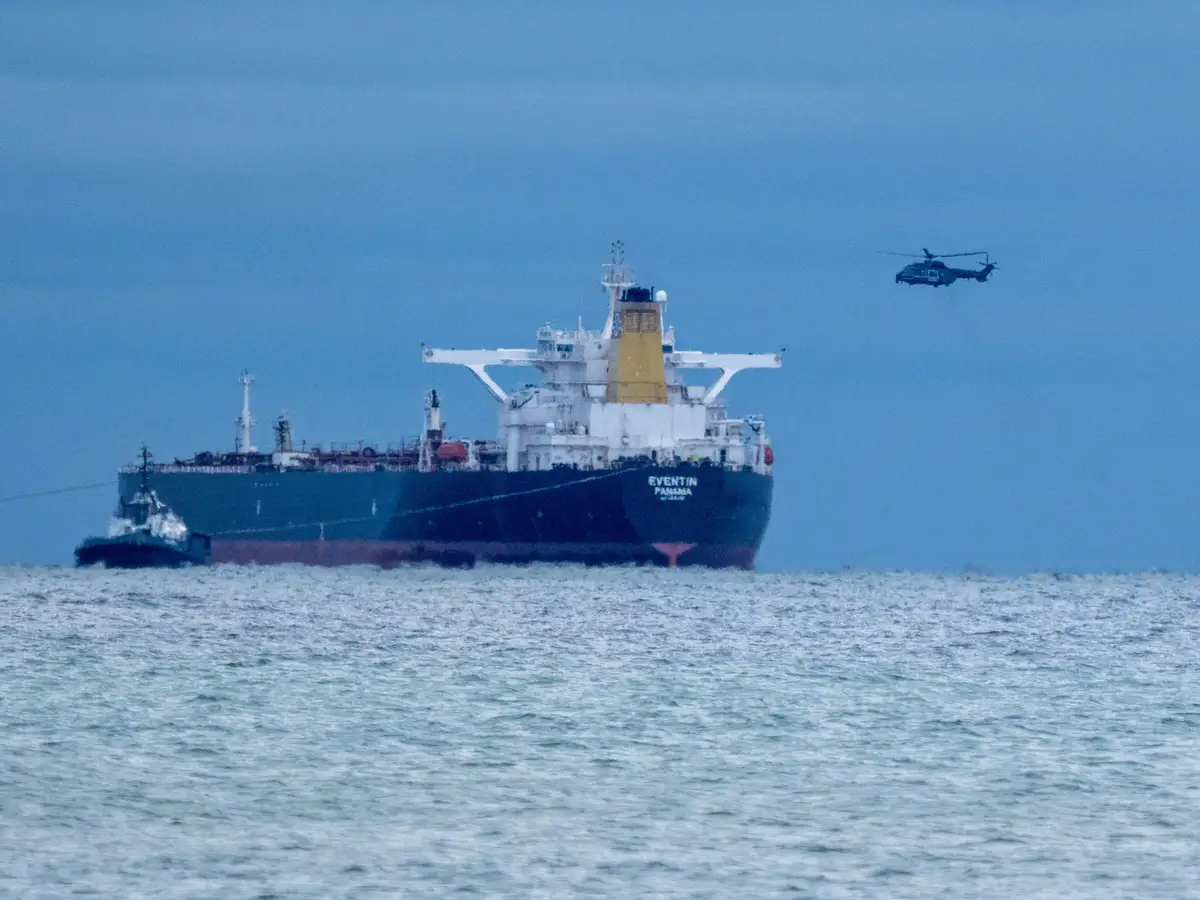October 16, 2025
Britain has imposed new sanctions on Russia’s top oil firms Lukoil and Rosneft plus 44 “shadow fleet” tankers, aiming to squeeze Kremlin revenue by freezing assets, banning UK trust services, and restricting transport.

London, October 15, 2025 — The United Kingdom has expanded its sanctions regime against Russia, targeting its two largest oil companies — Rosneft and Lukoil — along with 44 tankers from the so-called “shadow fleet.” The new measures are aimed at further choking off the revenue streams the UK says are used by the Kremlin to sustain its military campaign in Ukraine. Reuters
What was Sanctioned
Rosneft and Lukoil, Russia’s top oil producers, designated under UK sanctions laws for their economic and strategic importance to the Kremlin. Reuters
44 tankers from the "shadow fleet" — older vessels used to circumvent existing sanctions, transport oil in opaque ways, and evade service and insurance obligations. Reuters
A total of 51 ships, including these 44 shadow fleet tankers, plus entities in energy and defense sectors. Reuters
Also included are LNG tankers and the Beihai LNG terminal in China, which has been importing cargoes tied to Russia’s Arctic LNG2 facility. Reuters
Nayara, an Indian refinery majority owned by Rosneft, has also been sanctioned. Reuters+1
Measures Imposed The sanctions involve:
Freezing of assets for the targeted companies and associated individuals. Reuters
Disqualification of directors connected to these companies. Reuters
Transport restrictions and bans on UK trust services for Rosneft and Lukoil. Reuters
Restrictions on services for the shadow fleet tankers — especially those linked to insurance, registration, and transportation. Reuters
UK Government’s Rationale
Finance Minister Rachel Reeves said that the sanctions were intended to disrupt Russia’s ability to fund its war in Ukraine, arguing that these companies play a central role in the Kremlin’s energy revenue stream. Reuters
The UK is also exerting pressure on companies in third countries — especially India and China — that continue to facilitate Russian oil exports by providing terminals, processing capacity, or shipping/insurance services. Reuters+1
Responses & Implications
Russia’s embassy in London condemned the move, saying it risks destabilising global energy markets and increasing costs for both businesses and consumers in the UK. Reuters
The measures could make it harder for Russian oil to be transported to global buyers, especially when relying on services from Britain-oriented providers. The sanctioning of ships and insurance providers aims to complicate shipping logistics. AnewZ+1
However, the shadow fleet remains large — estimates suggest it comprises well over 1,500 vessels — so there is no lack of capacity for alternative shipping, though with increased risk and cost. Reuters
Wider Context This is part of a continuing escalation by Western governments to clamp down on Russian oil revenues. The shadow fleet has been a key focus of sanctions because it is used to circumvent restrictions and move oil in ways that mask origin, ownership, or route. Reuters+1
These sanctions are bundled among around 90 new listings — entities, vessels, and individuals — reflecting a broader strategy to widen the net. Reuters+1
Potential Outcomes
Higher costs of insurance, transportation, and shipping for Russian oil exports.
Disruption in routes that rely on the shadow fleet, making some oil shipments riskier or more expensive.
Third-party entities (refineries, shipping firms, ports) may need to reduce engagement with Russia to avoid sanctions exposure.
Possible retaliation or diplomatic friction with Russia, India, China, or other countries involved.
Conclusion By targeting some of Russia’s most powerful oil companies and the shadow fleet, the UK aims to tighten the economic pressure on Moscow. Whether this significantly reduces Russian oil revenues depends on how well sanction evasion is blocked, how responsive international oil buyers and transport services are, and how Russia adapts.